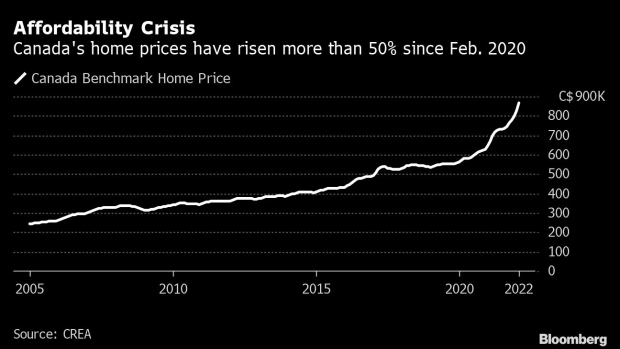The Deep Green Delusion: Vitalism and Communal Autarky.
Dr. Christine Anne James
www.doctorchrisjames@gmail.com
Copyright © Dr Christine Anne James 2013
https://www.academia.edu/36891699/THE_DEEP_GREEN_DELUSION_Vitalism_and_Communal_Autarky?auto=download&email_work_card=download-paper
Acknowledgements.
A work such as this does not happen in isolation and I wish to thank everyone who contributed with their ideas and inspiration. In particular I would like to thank Judd Zekas for building the website used for the original research. I would like to thank those I have worked with in the social movements and those who participated in focus groups. I would also like to thank my daughter Cassie-Rose James whose photography has been used on the front cover. This work is the end result of a four year study of which only a small portion is reprinted here. Articles and seminars from the study have been used by Deakin University, Melbourne. Arena Magazine, Melbourne and the CounterCurrents.Org I thank them for their support. The title was borrowed from Richard Dawkins book The God Delusion and a work by Bob Ellis called The Capitalism Delusion.
Contents:
1.
THE EMERGENCE OF DEPOLITICIZED GROUPS.
2.
POST-MATERIAL ACTIVISM.
3.
E.F.SCHUMACHER AND ENVIRONMENTCAPITALISM.
4.
THE IMAGINED TRANSITION.
5.
LIVING BY DEFAULT.
6.
RETREAT FROM PROTEST.
7.
THE APOCALYPTIC DISCOURSE.
8.
THE ANTHROPOSOPHY OF RUDOLF STEINER.
9.
COROLLARY. BIBLIOGRAPHY INDEX.
The Deep Green Delusion: Vitalism and Communal Autarky.
Since we can’t stop poor people from breeding, let’s build fences to keep themout. And let’s ask the world’s biggest polluters to pay for the fences
[DavidAttenborough]
Introduction.
I have been in the social movements since the 1960s. I was still in school when I attended my first mass rally in London. I have been an environmental activist since the 1970s, but after so many years I have had to rethink my commitment, not because I have ceased caring for nature, but because I believe nature has become a euphemism for the re-enchantment of the world as myth and mystery, a tendency that has its roots in anti-Enlightenment Romanticism and the minority traditions.
I contend therefore that the deep green ecology that has risen as a solution to fast capitalism, over-consumption and climate change, is a delusion. I argue that mainstream environmentalism has failed so it has been usurped by a more radical and discursive deep ecology movement; currently the fastest growing green movement across the western world. However, I contend that deep ecology is much more than a niche environmental formula; it is asecular theology with connections to mysticism and the pessimistic philosophies, biological determinism and anti-humanism. I argue that the world needs growth and it needs environmental protections, it does not need cults and superstitions. There is nothing to be gained by a return to the wilderness except misery and an intense struggle for survival. Further, I argue that primitive localization coupled with pessimism and social biology would reduce the world’s food supply which could cost the lives of millions of people, especially in the underdeveloped world. Indeed, deep ecology combined with archaic mysticism running alongside the authoritarian state has a dark history; there are always problems in creating states with states
1 UK Guardian [2012] http://www.guardian.co.uk/environment/2012/jan/18/david-attenborough-big-business. Retrieved 22nd January 2012.
















